Virtual Health Assistants AI: Transforming Patient Care in the Medical Field
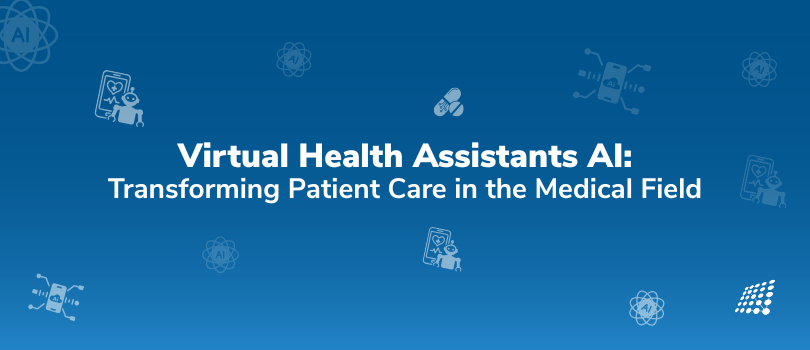
Did you know that AI-powered virtual health assistants can cut down routine administrative tasks by as much as 70%? This is truly changing the game for patient care and boosting healthcare efficiency! These smart digital helpers offer personalized support around the clock, completely reshaping how patients interact with their health and medical providers.
What Are Virtual Health Assistants AI?
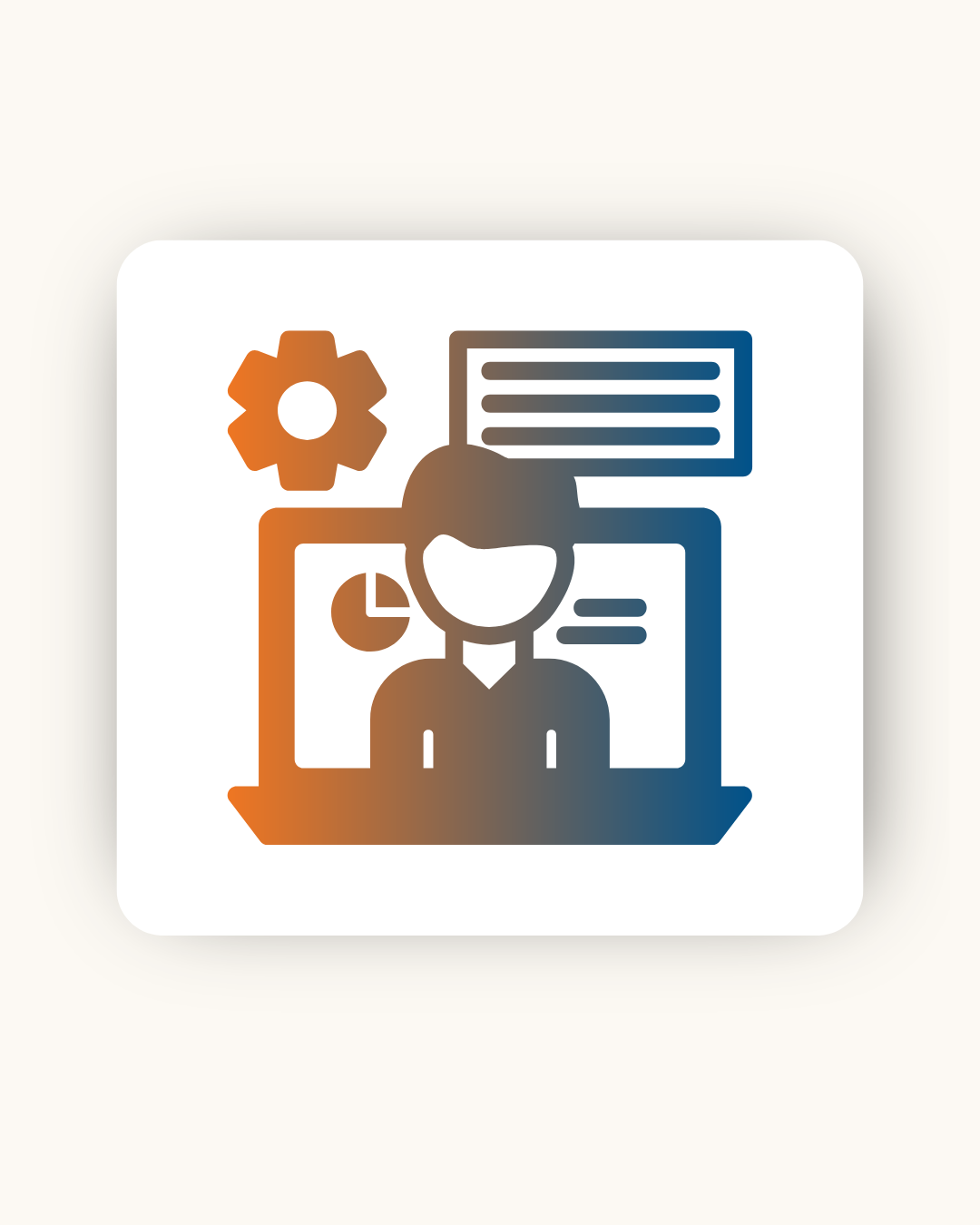
Virtual health assistants AI are cutting-edge digital tools that utilize artificial intelligence and healthcare expertise to provide support and guidance to patients. Accessible on smartphones, tablets, or computers, these AI-powered companions act as your personal health assistants.
Key Components of Virtual Health Assistants:
Virtual health assistants use:
- Natural Language Processing (NLP) to understand what patients are asking.
- Machine learning algorithms for personalized health recommendations.
- Intelligent systems for detecting symptoms.
- Reminders so you can keep track of medications.
- Appointment scheduling features.
These digital health companions use state-of-the-art AI in healthcare technologies to scrutinize large amounts of medical data, allowing them to:
- Interpret patient symptoms
- Give evidence-based health information.
- Observe vital signs through connected devices.
- Create personalized health insights just for you.
- Alert healthcare providers about any potential issues.
These virtual health assistants are driven by a highly intelligent AI engine. It learns from every interaction, slowly adapting to understand medical terminology and the specific needs of patients. Think of them as handy medical chatbots that can spot patterns in your health data and share that information with you and your healthcare team.
These virtual assistants are capable of handling a wide range of tasks. They can answer your basic health questions and manage more complicated medical concerns. In this way, they create a seamless connection between you and your healthcare providers. What is interesting is that these AI tools simplify things for medical staff and also enhance the quality of care, all while preserving that crucial human touch in healthcare.
The Perks of Virtual Health Assistants in Healthcare
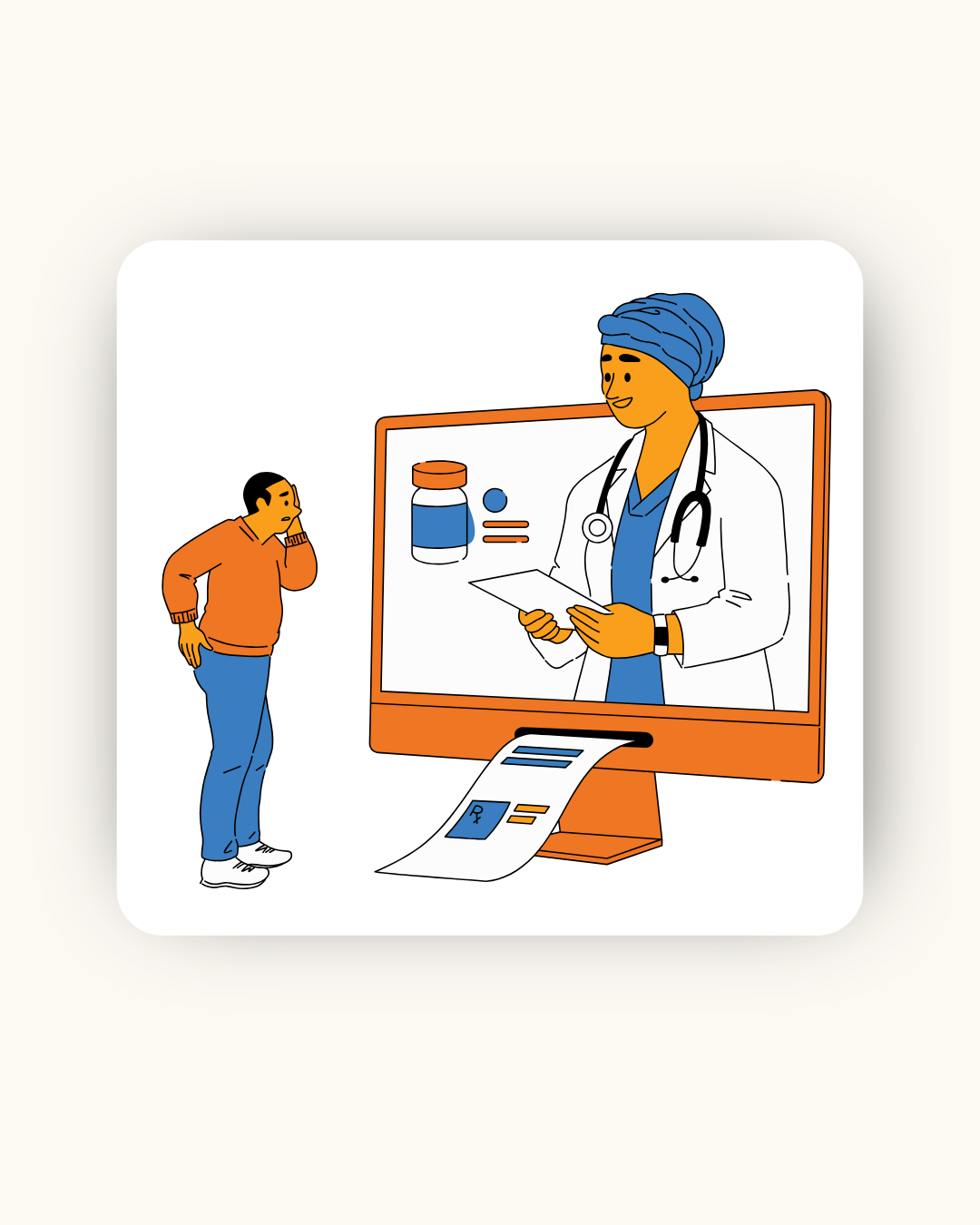
So, let’s talk about how Virtual Health Assistants make a real difference in healthcare:
1. Better Patient Engagement
- Virtual Health Assistants offer the convenience of real-time health monitoring and instant feedback right when you need it.
- Get personalized reminders for your meds and upcoming appointments, so you never miss any updates.
- Find interactive health education made just for you.
- With AI-driven coaching, get that extra push to stick to your health goals.
2. Cost Savings & Efficiency
- By automating a bunch of admin tasks, these assistants can help reduce costs by 30-40%
- Lower those emergency room visits with preventive care alerts, and catch issues before they escalate.
- Schedule appointments and manage resources easily, leading to less stress for everyone involved.
- Take care of routine questions, which helps reduce burnout among medical staff.
3. 24/7, Personalized Care
- Access round-the-clock health support, ready to help with symptom checks any time you need it.
- Get customized treatment plans based on your personal health data.
- Language support also makes it easier for diverse patients to connect.
- Chronic conditions can easily be monitored remotely, ensuring consistent care.
These AI assistants are with you every step of the way, analyzing your data to give you tailored care experiences. For example, if you have diabetes, they offer specific diet tips, alerts for blood sugar checks, and reminders for your medication. Healthcare providers are seeing up to a 70% cut in routine admin work, which means they can dedicate more time to the complex stuff that needs their expertise.
With these Virtual Health Assistants stepping into the spotlight, healthcare groups can connect with way more patients while still keeping the quality of care high. So, you end up with shorter wait times, rapid-fire answers to your health queries, and reliable support as you navigate your healthcare journey.
Challenges and Ethical Considerations with AI in Medical Assistance
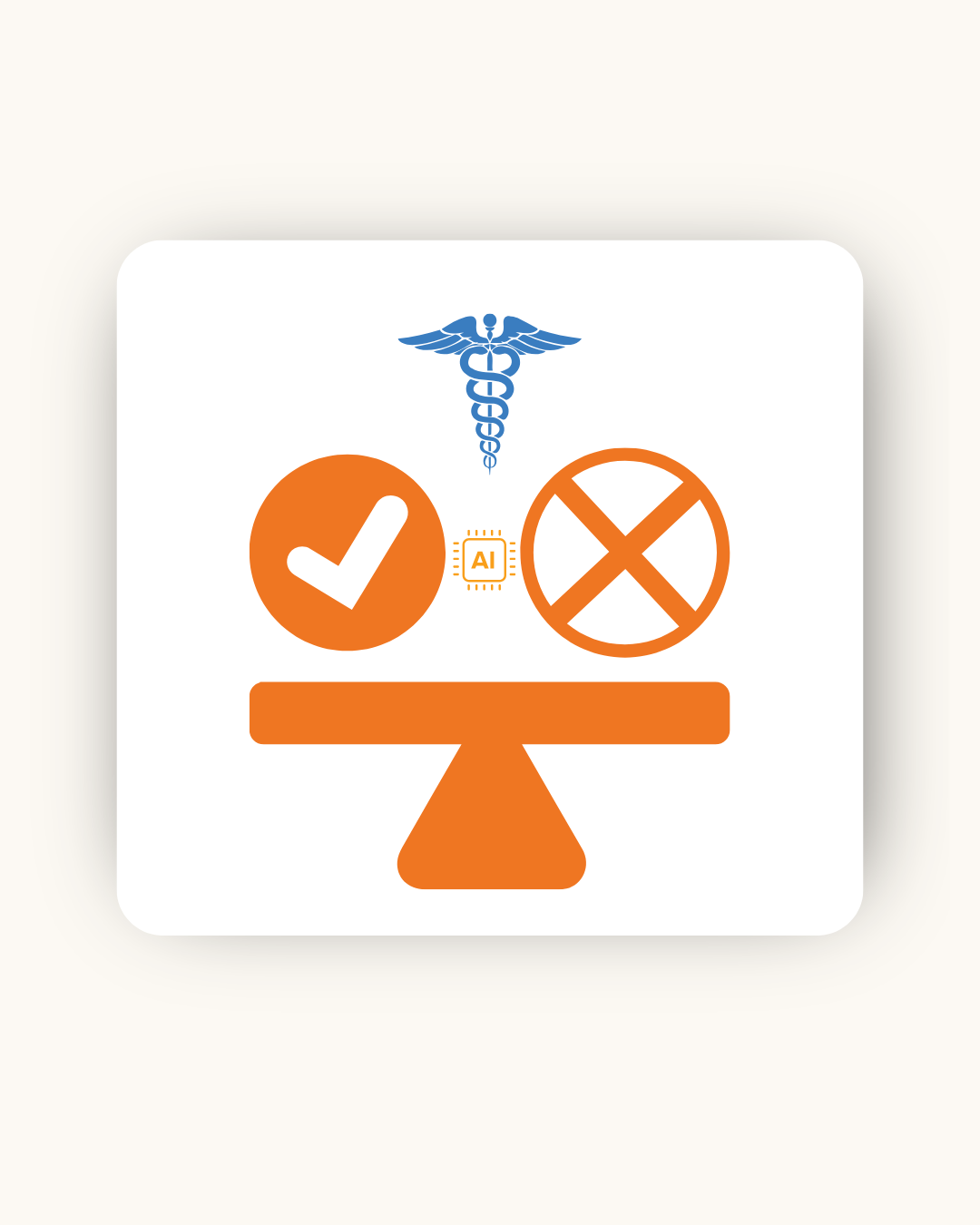
Working with AI in healthcare isn’t always straightforward. There are some big challenges you need to think through carefully.
Data Privacy Concerns
Data privacy is essential. Healthcare providers need to have super-strong systems in place to keep sensitive patient info locked up tight from breaches and unwanted eyes.
The Issue of AI Bias
Then there’s the problem of AI bias. A lot of the data used to train these systems reflects old-school healthcare inequalities, which can mean that some groups get diagnoses and treatment suggestions that aren’t spot-on. A recent study published in Nature Medicine revealed that AI algorithms have a tough time accurately identifying skin conditions among different ethnic groups. There’s a real concern about finding the right balance between the efficiency of technology and maintaining those important connections between doctors and their patients.
Balancing Technology and Human Empathy
The preservation of human empathy faces potential erosion as AI systems handle more patient interactions. Medical professionals express concerns about the balance between technological efficiency and maintaining meaningful doctor-patient relationships.
Navigating Regulatory Compliance
Regulatory compliance adds another layer of complexity:
- HIPAA requirements for patient data protection
- FDA guidelines for AI medical devices
- International data protection standards
- State-specific healthcare regulations
Healthcare organizations have a lot on their plates, trying to balance all these demands while staying true to ethical standards when rolling out AI. It’s really more about figuring out how to build systems that boost patient care without letting the quality slip.
Future Trends and Innovations in Virtual Health Assistants AI
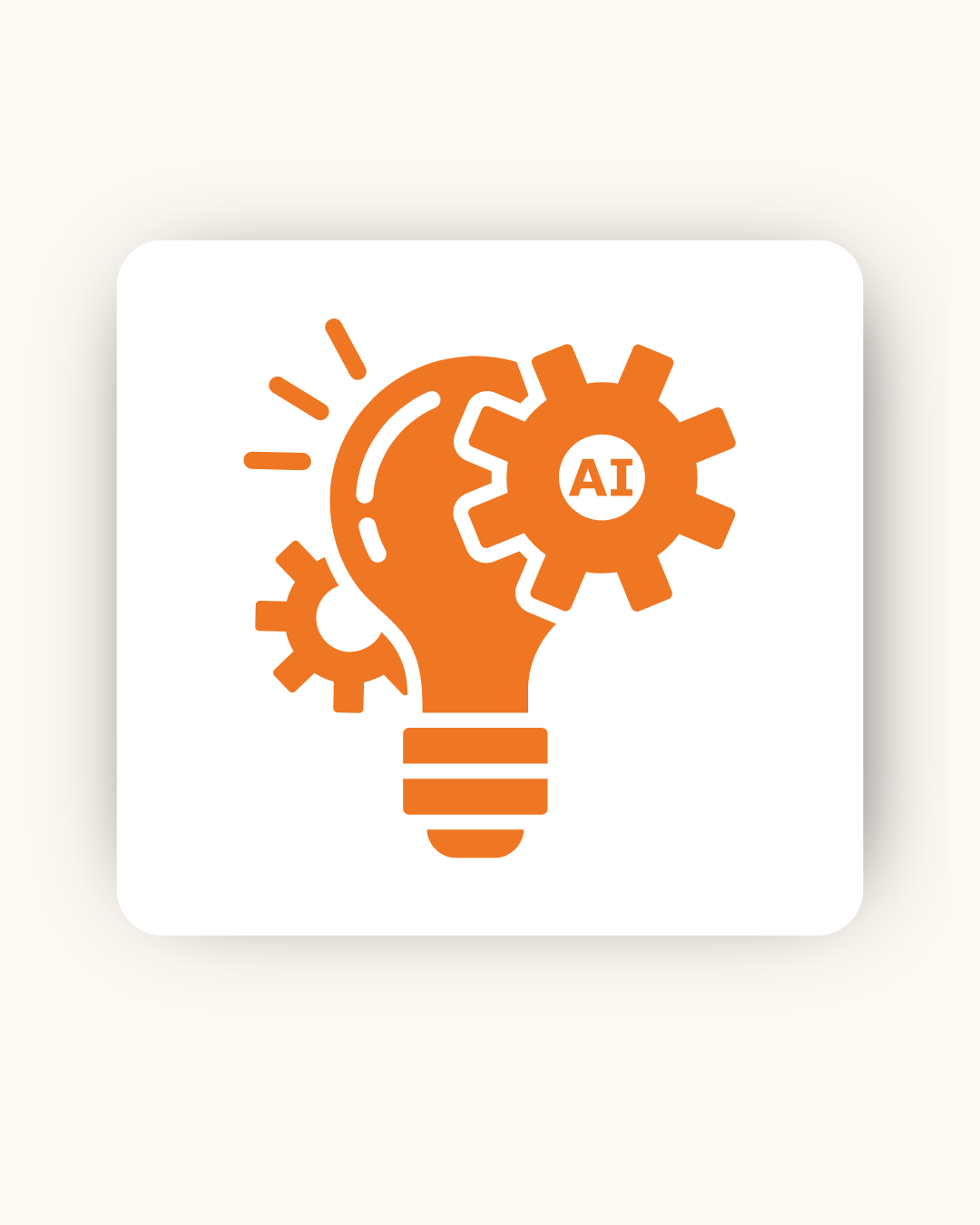
The next frontier of digital patient care brings groundbreaking advancements in Virtual Health Assistants AI. These innovations reshape healthcare delivery through:
1. Smart Wearable Integration
- Real-time health monitoring through smartwatches
- Continuous vital sign tracking
- Instant alerts for medical emergencies
- Automated medication reminders
2. Advanced Predictive Analytics
- Early disease detection using pattern recognition
- Risk assessment based on patient history
- Personalized treatment recommendations
- Prevention-focused health interventions
3. Enhanced Telemedicine Capabilities
- Virtual consultations with AI-powered symptom analysis
- Remote patient monitoring systems
- Automated follow-up care
- Digital health records integration
Mixing AI with remote monitoring tech is really changing the game for healthcare, making digital patient care a lot more connected. Patients can get personalized care straight from their devices, which is super convenient. At the same time, healthcare providers can see real-time health data, giving them the info they need to make smart decisions about care. This move towards digital healthcare is all about being proactive with patient care, and it helps reduce those pesky hospital readmissions while improving health outcomes overall.
Connect with our AI experts to streamline your medical practice with your innovative digital patient care solutions today!
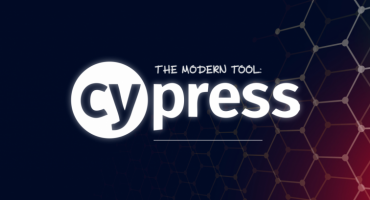
THE MODERN TOOL: CYPRESS
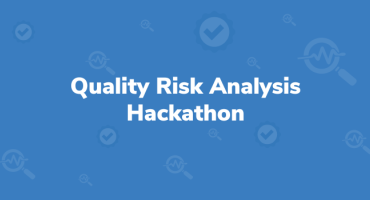
Quality Risk Analysis Hackathon


